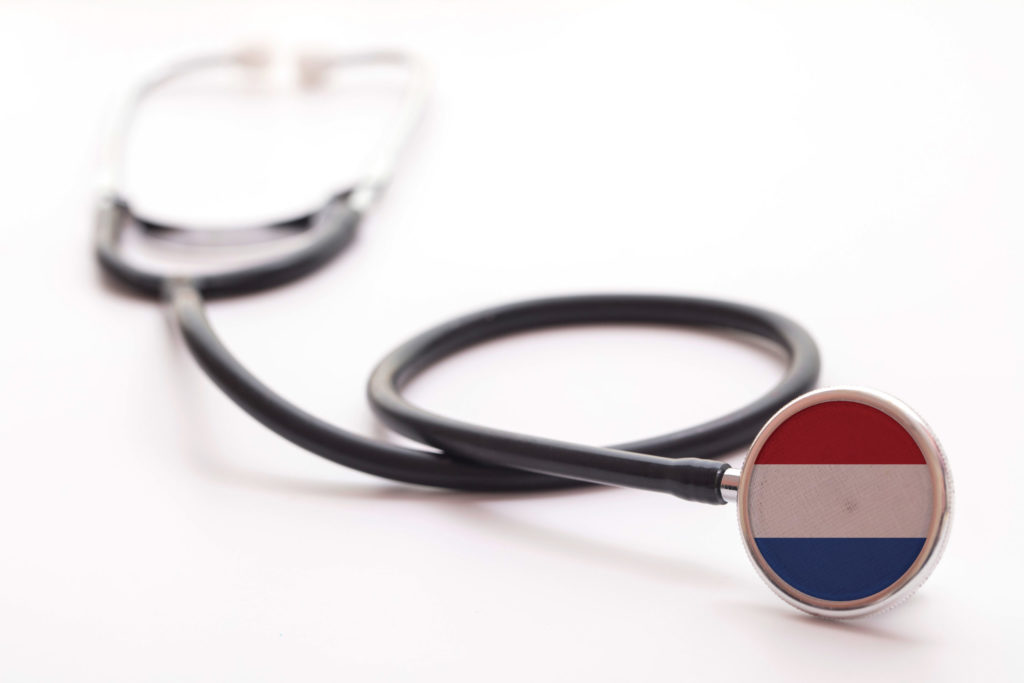Dutch MD Describes Euthanasia and Organ Harvesting
Originally published at National ReviewEuthanasia homicide is conjoined with organ harvesting in at least three countries — Canada, the Netherlands, and Belgium. In the latter two, the donors who are killed are sometimes mentally ill, not physically sick. Or, they might be disabled.
A letter from a doctor involved in the Dutch kill-and-harvest procedures was published with all due respect in JAMA Surgery. It makes for cold reading. From the letter:
The patient is only sedated at home, which marks the start of euthanasia in legal terms but is medically only intended to remove consciousness while vital functions are maintained and secured. Coma induction and the start of the agonal phase subsequently take place in the intensive care unit after farewells at home and transportation. With the 5 minutes “no touch,” the total warm ischemia time until death decided was less than 7 minutes in this procedure.
Suggesting that euthanasia must take place in the hospital disregards the deepest wishes of these donors: sick, hospital-weary human beings who have decided to end their pain in the comfort and privacy of their own home. Advocating the necessity for a hospital stay will alienate many potential donors.
It is worth noting that these patients rarely, if ever, receive suicide-prevention services before the killing.
In 1993, I warned that euthanasia would one day be conjoined with organ harvesting as “a plum to society.” I was called hysterical and an alarmist. Such procedures are now touted in a world-respected medical journal.
Those with eyes to see, let them see.
